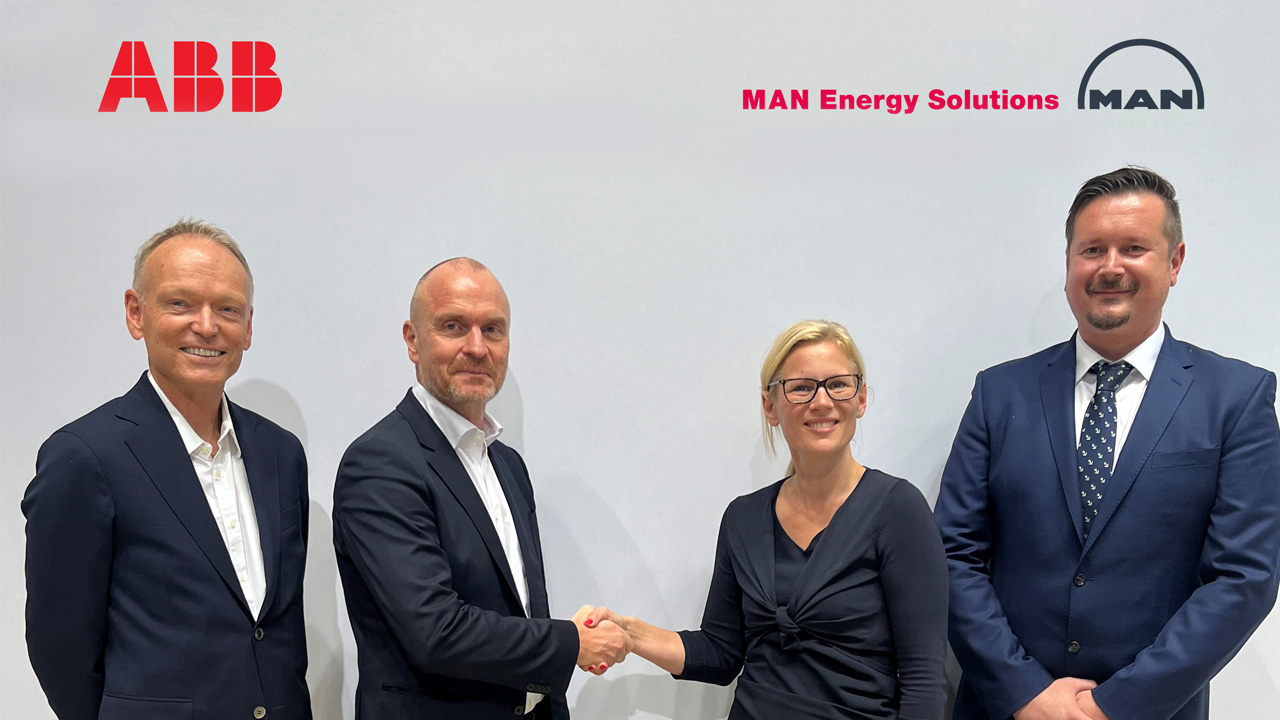The concept will focus on increasing the operational flexibility and reducing the carbon footprint of LNG carriers.
Switzerland-based ABB and German engine manufacturer MAN Energy Solutions have reached a memorandum of understanding (MoU) to work together on a dual-fuel electric plant concept.
This concept will be based on MAN’s new 49/60DF four-stroke engine and the Dynamic AC (DAC) power distribution and control system developed by ABB.
The duo will also exchange technical data and discuss interfaces as well as system integration.
According to ABB, the concept will focus on offering shipowners increased operational flexibility with liquified natural gas (LNG) carriers, thus reducing their carbon footprint and fuel costs.

The new propulsion plant concept is said to be ideal for LNG carriers, Floating Storage Units (FSUs), and Floating Storage and Regasification Units (FSRUs).
MAN’s 49/60DF engine provides fuel flexibility with its ability to run on LNG, diesel and biofuel blends, while ABB’s DAC concept helps optimise fuel consumption and efficiency.
Furthermore, the dual-fuel electric power and propulsion system could be integrated with an energy storage solution for improved load management in the future.
The partners will also assess the inclusion of fuel cells as an upgrade to the technology.

MAN Energy Solutions Asia Pacific Region head of marine four-stroke Elvis Ettenhofer said: “This agreement represents an agile response from MAN and ABB, using our technologies to deliver a next-generation, Dual-Fuel, Electric+ (DFE+) propulsion concept.
“This technology will help customers to reduce their CO₂ footprint and fuel costs, and provide flexibility in operation. ABB’s DAC system and global presence are an ideal match for our new four-stroke engine.”
ABB Marine and Ports Global head of global sales Rune Lysebo said: “To be truly future-proof, ships that are being built today need to be able to rely on flexibility in energy sourcing.
“The new power and propulsion system will be optimised for efficiency and compliance, and have the flexibility needed to achieve best performance.”














